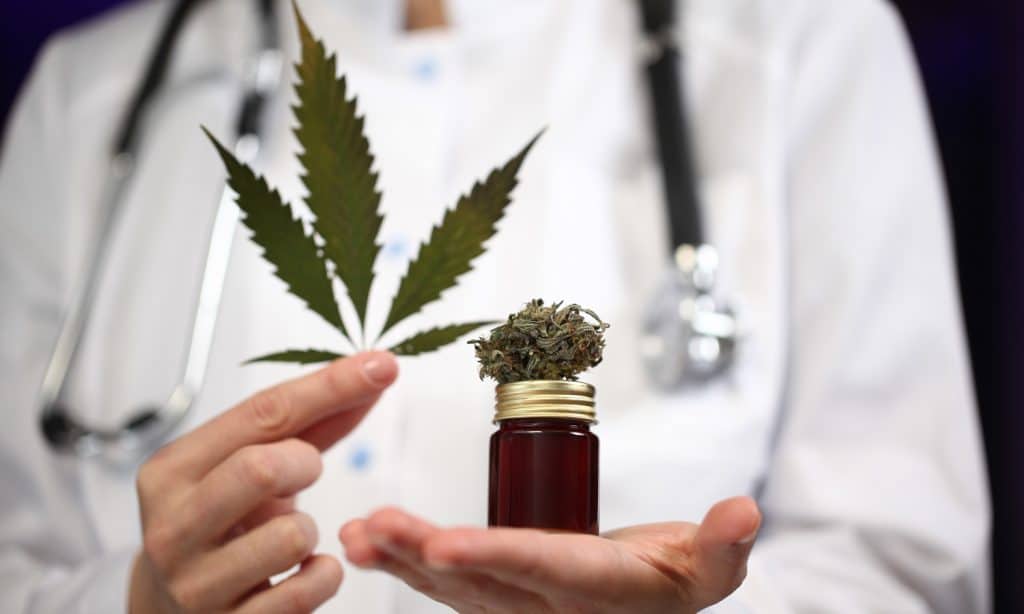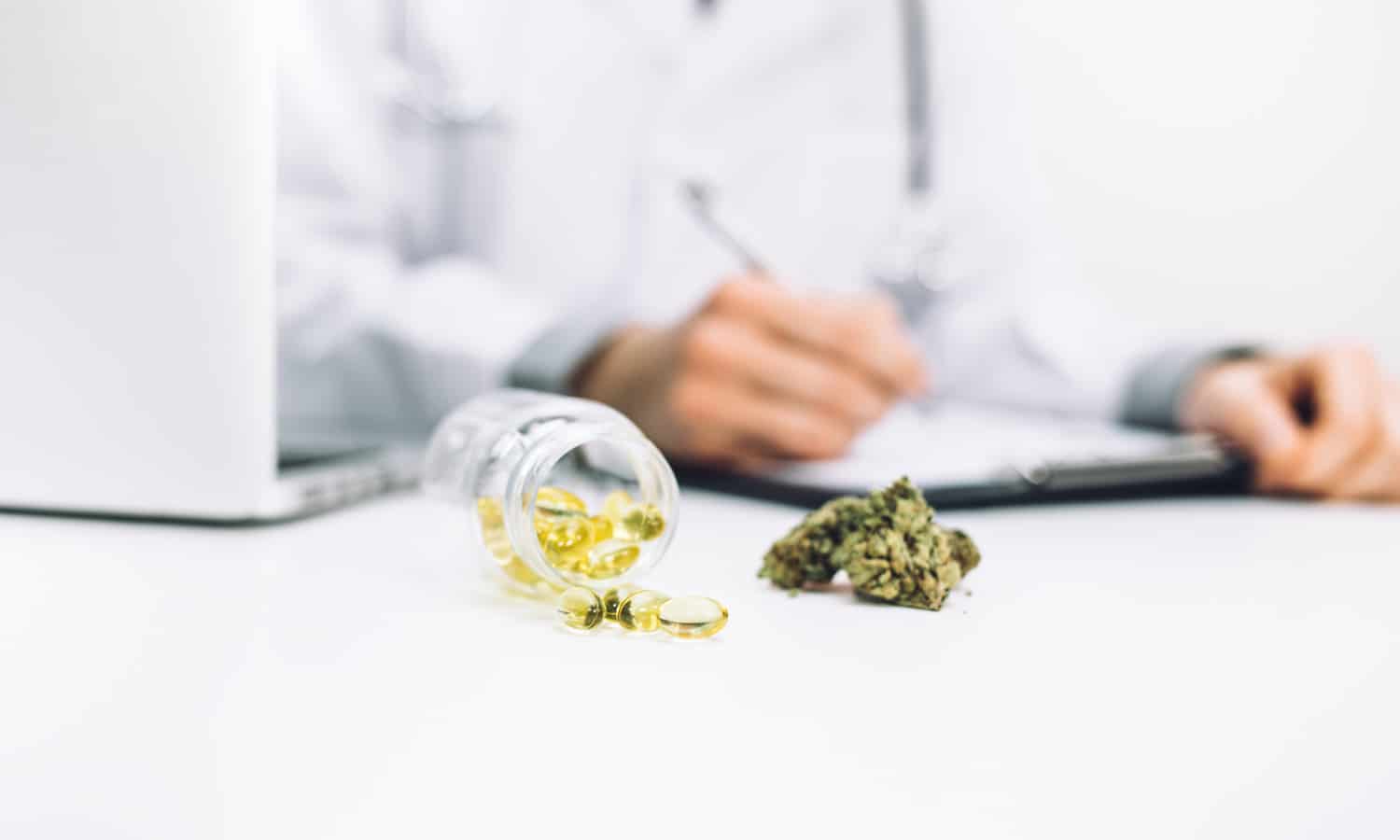Few researchers have explored the benefits of microdosing cannabis until now.
Microdosing marijuana offers pain patients an alternative method to reduce symptoms without receiving the plant’s psychoactive components, a new Israeli study found. The clinical trial offers some of the first scientific insights into the efficacy of microdosing marijuana and could represent a new relief for patients who don’t like or aren’t suited for the traditional “high” associated with cannabis.
You probably recognize the term microdosing for its association with psychedelics, particularly in microdosing psilocybin mushrooms or LSD. A microdose is generally considered a subtherapeutic uptake of a drug. Put more plainly, it’s when you use a drug but don’t experience the mind-altering sensation.
Though the trend received serious attention in Silicon Valley communities, scientific research doesn’t support the anecdotal claims made by those microdosing psychedelics. But few researchers have explored the benefits of microdosing cannabis until now.
Traditionally, pain patients establish their own medical cannabis doses through a faulty trial-and-error process. No traditional dose of THC, the psychoactive component in marijuana, exists. The National Institute on Drug Abuse (NIDA) actually requested help from the scientific community to standardize a unit dose of THC earlier this year.
But the new study, published in the European Journal of Pain, investigated the therapeutic value of using a marijuana inhaler made by Syqe Medical, an Israeli pharma-tech company. The company touts its product as a first of its kind and reportedly allows precise doses of THC to patients.
RELATED: Sorry, But Science Doesn’t Favor Microdosing Psychedelics
“We’re moving, for the first time, towards being able to give physicians detailed information on the actual dose that they should be prescribing, and enabling them to be sure that the desired amount is actually reaching the patient’s body,” Syqe Medical CEO Perry Davidson told The Times of Israel.

The research team conducted a randomized, double-blind, placebo-controlled trial with 27 patients suffering from chronic neuropathic pain. Subjects received an inhaled dose once across different test days containing one of the following: 500 microgram (0.5mg) of THC, 1,000 micrograms (1 mg) of THC, or a placebo.
“Both doses, but not the placebo, demonstrated a significant reduction in pain intensity compared with baseline and remained stable for 150-minutes,” the researchers wrote. “The 1mg dose showed a significant pain decrease compared to the placebo. Adverse events were mostly mild and resolved spontaneously. There was no evidence of consistent impairments in cognitive performance.”
RELATED: Microdosing Marijuana: What Doctors Say Is The Best Way To Consume
The study was independently peer-reviewed, but Syqe Medical provided funding and conducted the trial, which positively favors its device. However, it’s not the first clinical trial to tout the medical benefits of metered dosing for medical cannabis patients. In addition, a study published earlier this year found 70-90% of marijuana products contain THC levels too high for effective, long-term pain relief. A 2018 study also reported three puffs a day were enough to keep the pain away.


